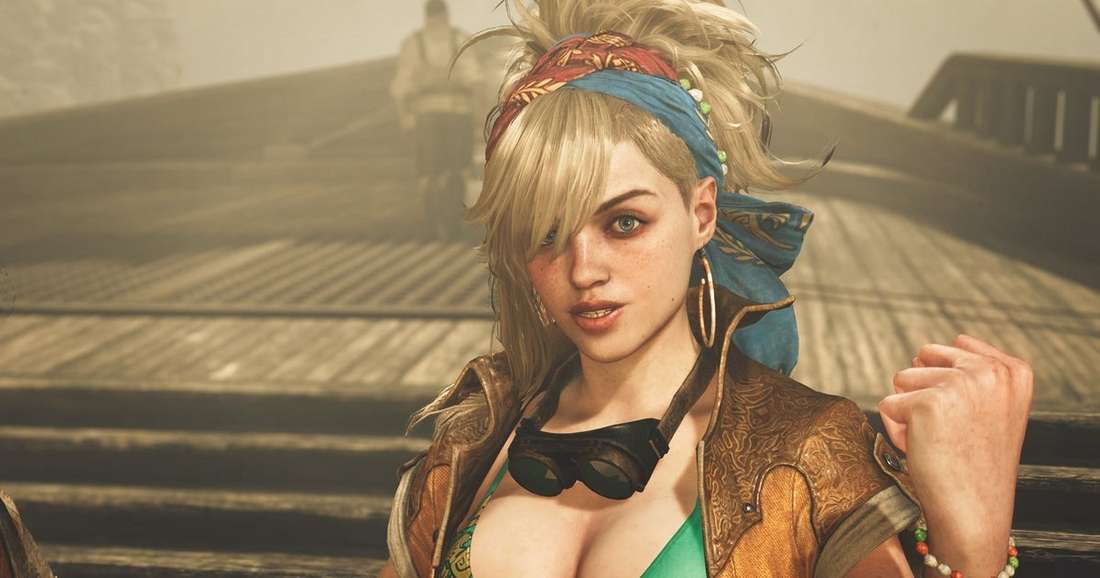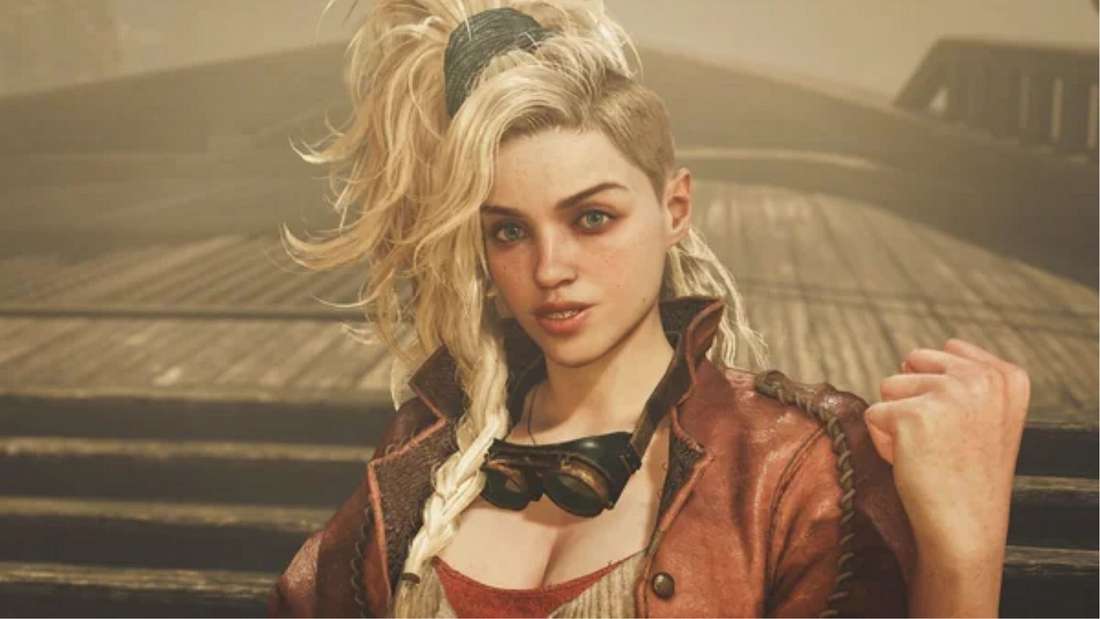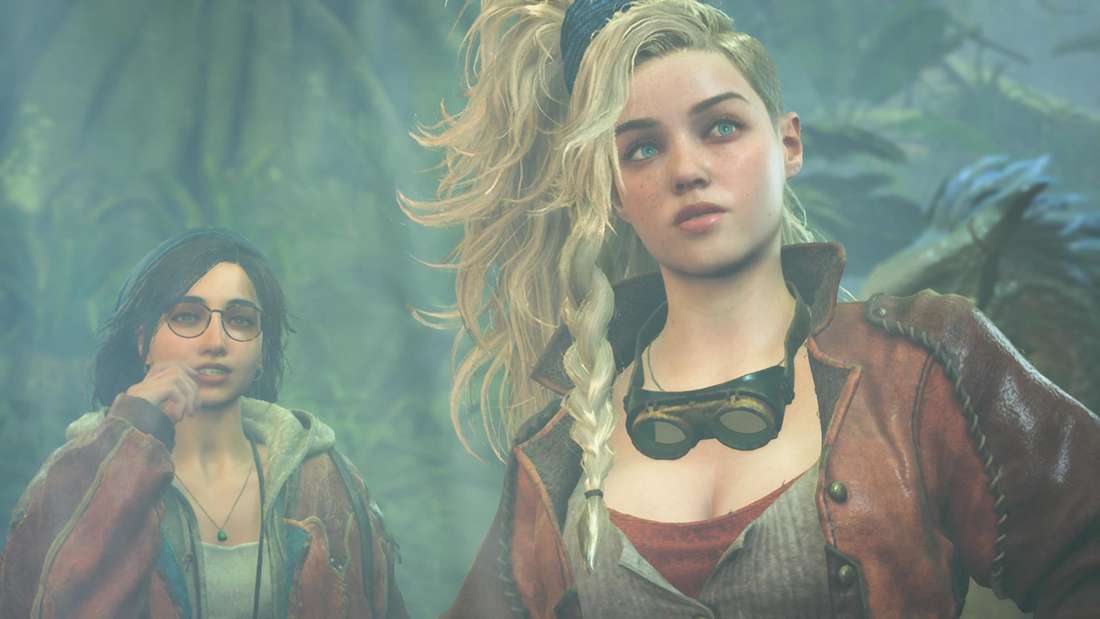Critical PC Gaming Alert: Capcom Announces End of Guaranteed Windows 10 Support for Monster Hunter: World, Rise, and Wilds After October 14th
Popular Now
 Stumble Guys
Stumble Guys
 Call of Duty
Call of Duty
 Roblox
Roblox
 NBA 2K24
NBA 2K24
 Black Myth: Wukong
Black Myth: Wukong
 Among Us
Among Us
 League of Legends
League of Legends
 BeamNG.drive
BeamNG.drive
 The Legend of Zelda
The Legend of Zelda
 Free Fire Max
Free Fire Max
 The global PC gaming community is on high alert following a significant announcement from Capcom, the developer behind the colossal Monster Hunter franchise. In a move that directly correlates with Microsoft’s End-of-Life (EOL) date for Windows 10, the publisher has issued a stern warning: they will no longer guarantee the flawless operation of Monster Hunter: World, Monster Hunter Rise, and the highly anticipated upcoming title, Monster Hunter Wilds, on Windows 10 PCs from October 14, 2025 onwards. This development is a crucial piece of news for millions of hunters still utilizing the venerable operating system and underscores a growing trend in the software industry to transition focus entirely to Windows 11.
The global PC gaming community is on high alert following a significant announcement from Capcom, the developer behind the colossal Monster Hunter franchise. In a move that directly correlates with Microsoft’s End-of-Life (EOL) date for Windows 10, the publisher has issued a stern warning: they will no longer guarantee the flawless operation of Monster Hunter: World, Monster Hunter Rise, and the highly anticipated upcoming title, Monster Hunter Wilds, on Windows 10 PCs from October 14, 2025 onwards. This development is a crucial piece of news for millions of hunters still utilizing the venerable operating system and underscores a growing trend in the software industry to transition focus entirely to Windows 11.
This critical decision impacts not just future releases, like the forthcoming Monster Hunter Wilds, which is already demanding substantial PC system requirements, but also established, commercially successful titles such as the perennial favorite Monster Hunter: World and its successor, Monster Hunter Rise. The warning, disseminated via official channels, is a necessary, albeit unwelcome, corporate measure to manage expectations and resources as the primary operating system shifts.
 Understanding the Implications for Monster Hunter Players
Understanding the Implications for Monster Hunter Players
The notice is not an immediate, absolute block on playing the games. Capcom has clarified that the titles will technically remain “possible to play” on Windows 10 after the cut-off date. However, the subsequent phrasing carries substantial weight for players invested in these massive Action RPGs:
- Compatibility Risk: “Future system updates or game title updates may make the game incompatible on Windows 10 systems.” This is the core concern, particularly for a live-service-adjacent title like Wilds, which is expected to receive continuous patches, content drops, and major title updates.
- Discontinuation of Support: “Services for investigating problems regarding running the game on Windows 10 will be discontinued.” This is perhaps the most immediate practical consequence. If a player encounters a game-breaking bug, a critical crash, or performance degradation on their Windows 10 machine post-October 14th, Capcom’s official support channels will likely not offer a solution.
- Security Concerns: The underlying issue is Microsoft’s EOL for Windows 10, which means an end to free security updates. Running an unsupported OS carries inherent risks, which game developers are increasingly unwilling to inherit through technical support. The cost-per-click (CPC) associated with addressing complex compatibility and security-related issues on a deprecated platform is clearly deemed unsustainable.
The Drive Towards Windows 11 and Modern PC Hardware
This official statement serves as a potent reminder of the rapidly evolving landscape of PC gaming hardware and software. Newer AAA game releases, epitomized by the high-fidelity open-world of Monster Hunter Wilds, are increasingly designed to leverage the optimized architecture, performance boosts, and specific features of Windows 11 and modern hardware components. Features such as DirectStorage, which is explicitly supported in Monster Hunter Wilds’ system requirements and demands an SSD, function best—or exclusively—on the newer operating system.
The move pushes gamers to seriously consider an OS upgrade or a full PC upgrade, a decision that has significant financial implications but promises better gaming performance and future compatibility. For many, this is the final push to evaluate their current setup and invest in new graphics cards and high-performance CPUs that meet or exceed the demanding specifications of the next generation of games. The CPC value on search terms related to “Windows 11 upgrade for gaming” and “Monster Hunter Wilds recommended specs” is predicted to soar as the deadline approaches.
 What Should Monster Hunter PC Players Do Now?
What Should Monster Hunter PC Players Do Now?
For dedicated players of Monster Hunter: World, Rise, and those eagerly anticipating Wilds, the course of action is clear and urgent. Ignoring this official warning could lead to significant future frustration and a potentially unplayable game experience.
- Immediate Action: Players should prioritize checking their PC’s hardware compatibility for Windows 11. Most modern gaming rigs built in the last five years are likely compatible, but specific components like the TPM 2.0 module can be a bottleneck.
- The Upgrade Path: A smooth transition to Windows 11 before October 14, 2025, is the most robust solution to ensure uninterrupted and supported gameplay. This step eliminates the risk of incompatibility from subsequent game and system updates.
- Hardware Review: Use the Monster Hunter Wilds Benchmark Tool, released by Capcom, to stress-test your current setup. The benchmark is a reliable indicator of performance and can highlight potential weaknesses that an OS update alone cannot solve. Consider upgrading core components like your Gaming CPU or NVIDIA/AMD GPU if you are targeting 1080p 60fps or higher, which often requires features like Frame Generation at the recommended settings.
- Data Backup: Regardless of the decision, always ensure comprehensive backups of all game data, saves, and system files before initiating a major operating system change.
The clock is ticking. While the “can still play” caveat offers a temporary safety net, the reality is that the future of Monster Hunter on PC is officially moving beyond Windows 10. This announcement from Capcom is more than a technical notice; it is a significant event in the life cycle of the PC gaming ecosystem, marking another step in the inevitable migration to newer, more powerful, and officially supported platforms.
Conclusion: The Cost of Remaining on Windows 10 for Gamers
The financial and emotional investment in a title like Monster Hunter, with its hundreds of hours of grinding and high-stakes hunts, makes the security of its platform paramount. By formally distancing itself from Windows 10 support, Capcom is simply acknowledging the economic and technical reality of the software lifecycle. Gamers who wish to continue their careers as elite hunters, especially in the vast new world of Monster Hunter Wilds, must now seriously consider the low cost of upgrading to Windows 11 versus the high-risk gamble of remaining on an unsupported operating system. The best gaming experience and guaranteed technical support are now unequivocally linked to the new operating environment.









